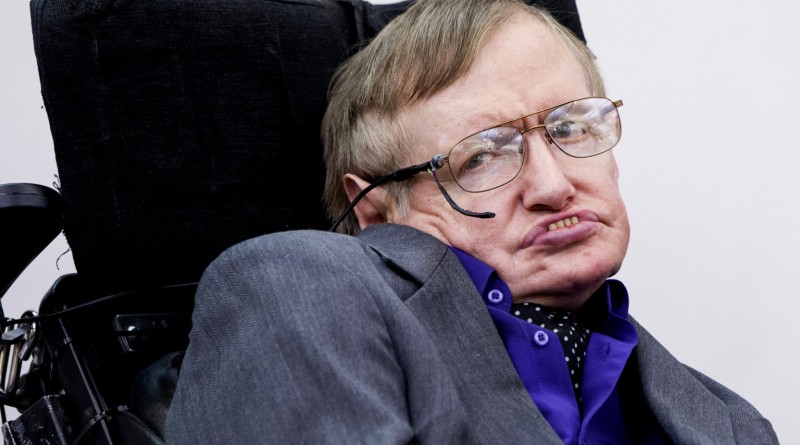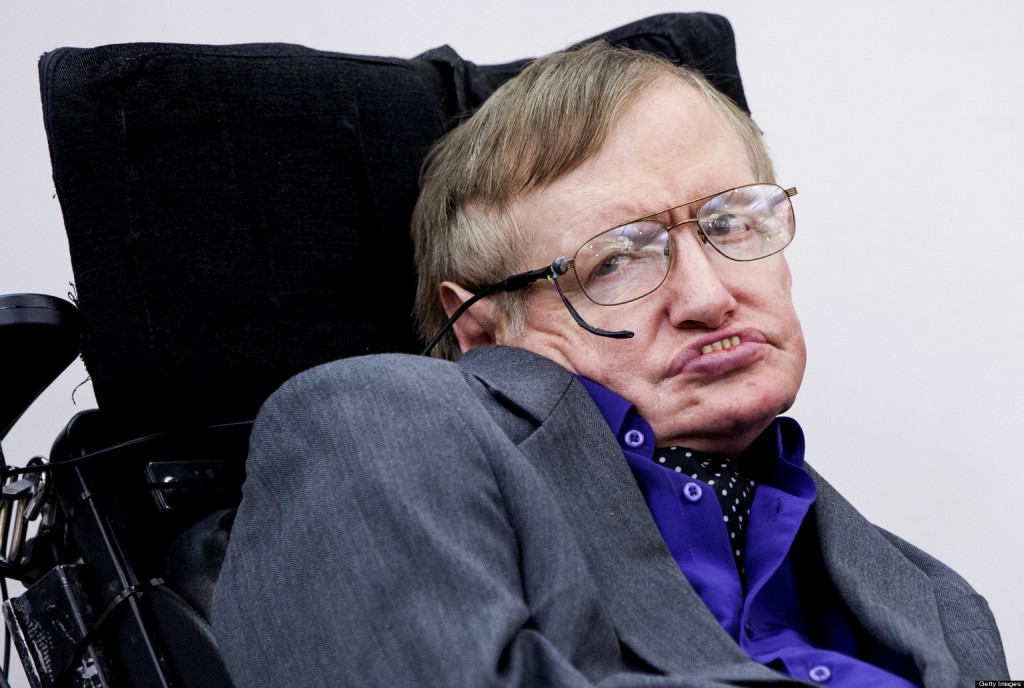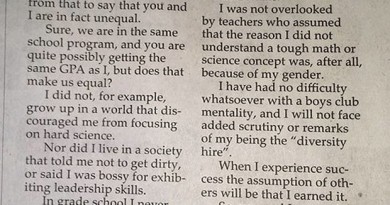Stephen Hawking is concerned about Artificial Intelligence
Stephen Hawking is concerned that development in artificial intelligence will pose a threat to humanity in the future. Stephen Hawking is a Professor and the Director of Research at the Department of Applied Mathematics and Theoretical Physics at the University of Cambridge. He was honored with a 2012 Fundamental Physics Prize for his work in quantum physics.
When speaking with BBC, he said, “The development of full artificial intelligence could spell the end of the human race.”
This statement came after he was questioned about improvements in the technology he currently uses to communicate. It is a computer-based communication system developed by Intel and uses a basic form of Artificial Intelligence. The system was developed in order to aid Hawking in speaking after he suffered from Amyotrophic Lateral Sclerosis (ALS).
This technology was also supported by SwiftKey, a British Company that specializes in creating smart keyboard applications for the Android and iOS. Their technology learns how Hawking thinks and based on that, it suggests possible words the professor might use next while constructing a sentence.
Professor Hawking appreciates the benefits of Artificial Intelligence so far and has conceded that they have proven to be very helpful. His main concern is what might happen when humans create a machine that can outsmart them and think on its own.
“It would take off on its own, and re-design itself at an ever increasing rate,” he said.
“Humans, who are limited by slow biological evolution, couldn’t compete, and would be superseded.”
Not everyone thinks that way. In fact Rollo Carpenter, the creator of Cleverbot thinks otherwise.
“I believe we will remain in charge of the technology for a decently long time and the potential of it to solve many of the world problems will be realised,” said Carpenter.
It is widely agreed that any Artificial Intelligence technology that could become an enemy to humanity is far from reach. One other concern is unemployment and inequality that might arise as a consequence of the advancement in artificial intelligence.
“It’s hard to think of a job that a computer ultimately won’t be able to do as well if not better than we can do,” said Toby Walsh, a professor in AI at the National Information and Communications Technology Australia.
“There are various forces in play, and one of those forces is technology. Technology is actually a force that is tending to concentrate and widen the inequality gaps. This is a challenge not for scientists but one for society to address, of how are we going to work through these changes.”
Although there are major concerns, artificial intelligence still has a high prospect and that is perhaps why it is still being researched by various institutions. What will be the product of an entity that can outsmart human intelligence? How much more advanced can we get as a result? These are all interesting questions that we might perhaps be able to answer when artificial intelligence reaches its maximum potential.





